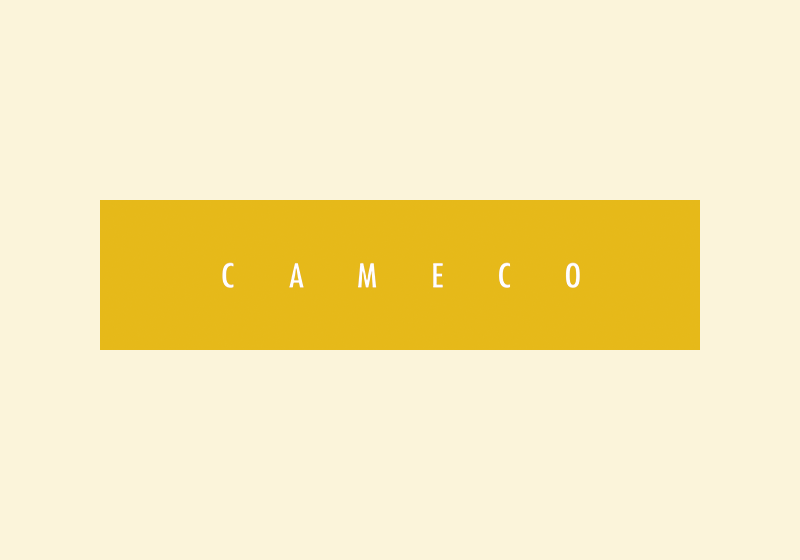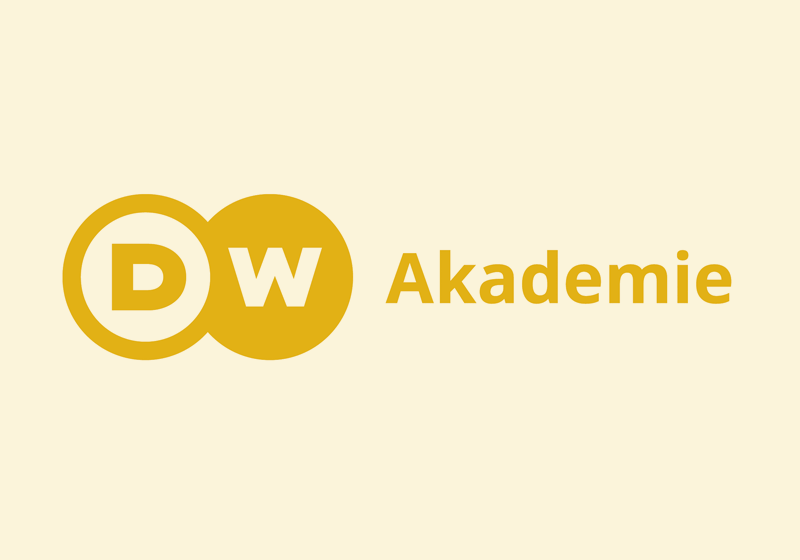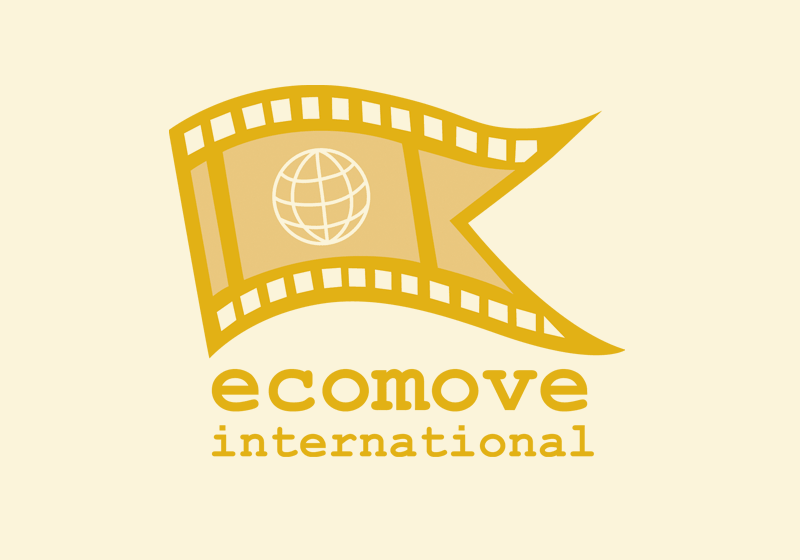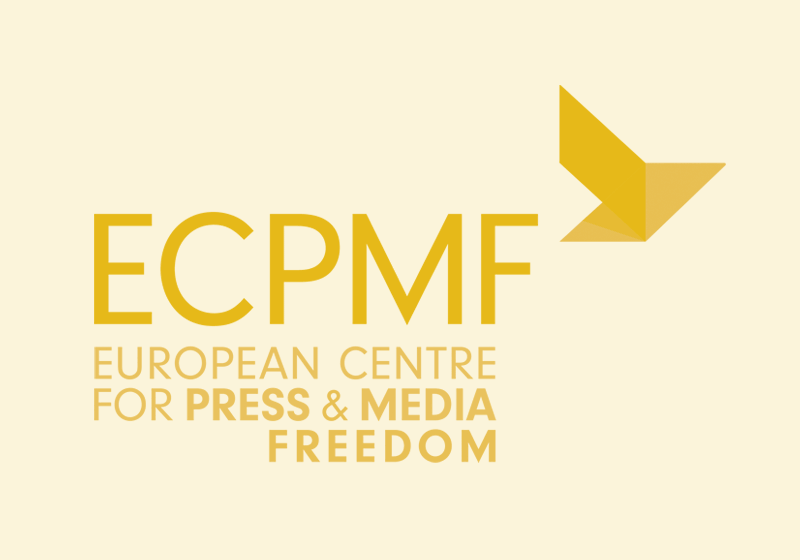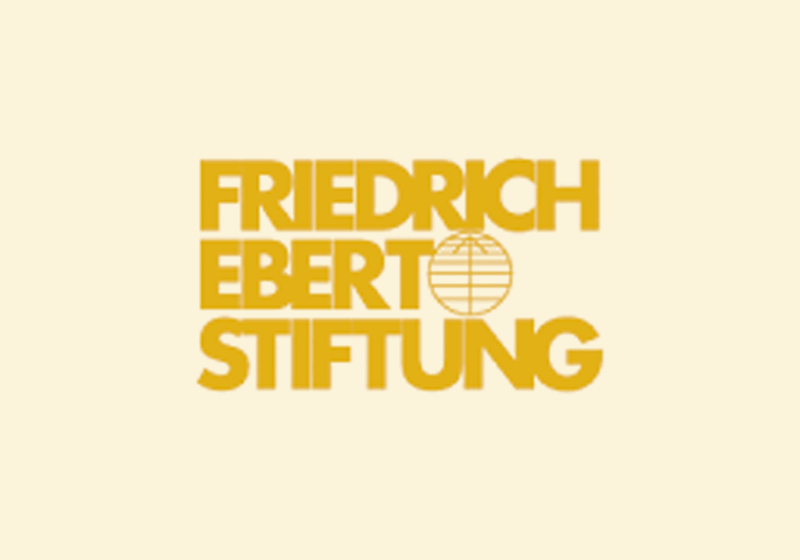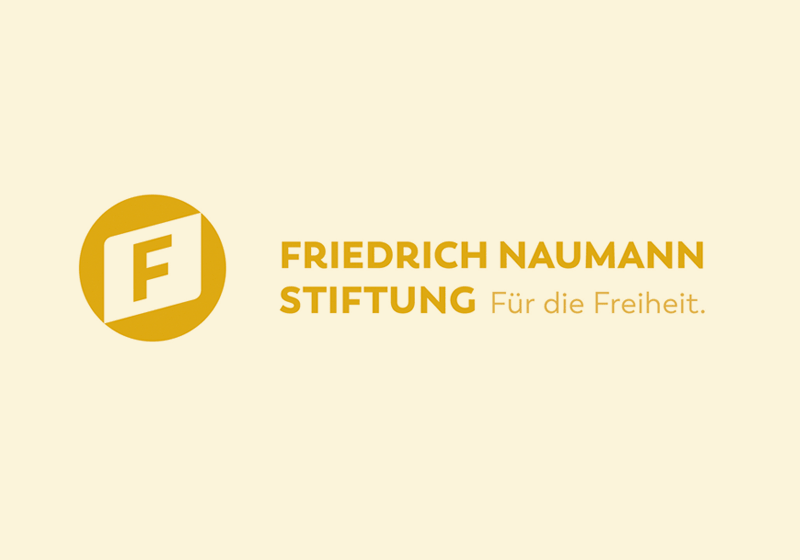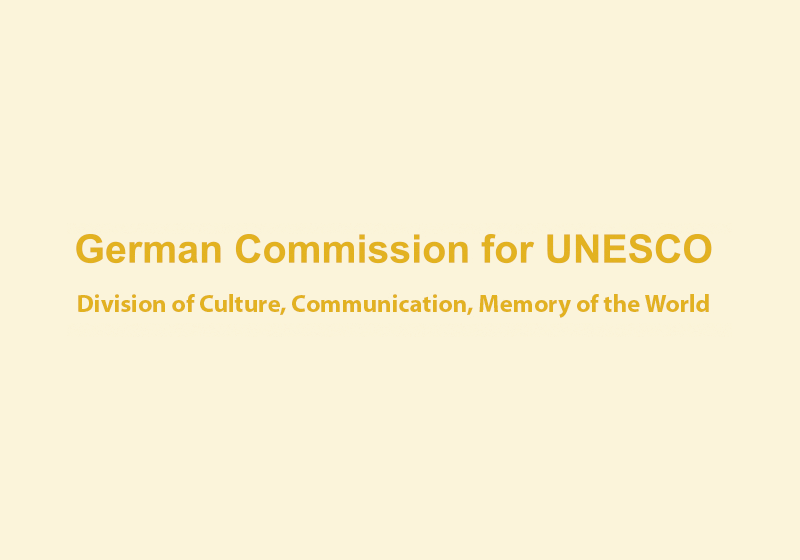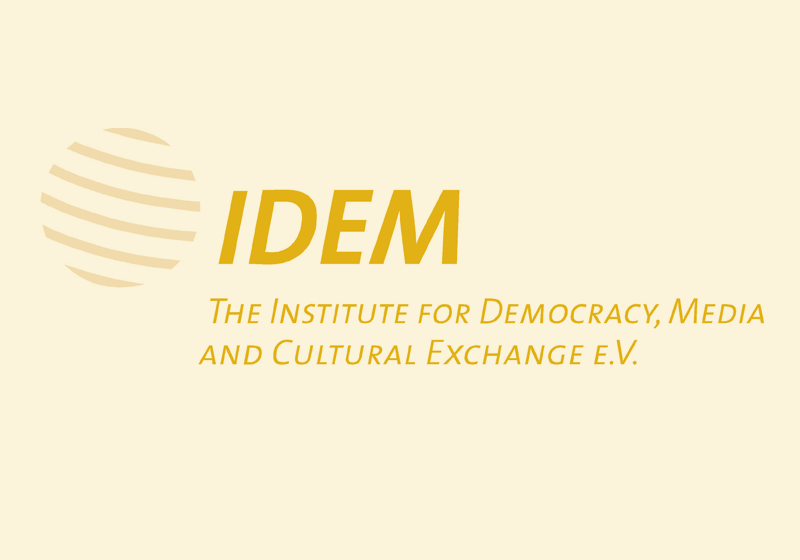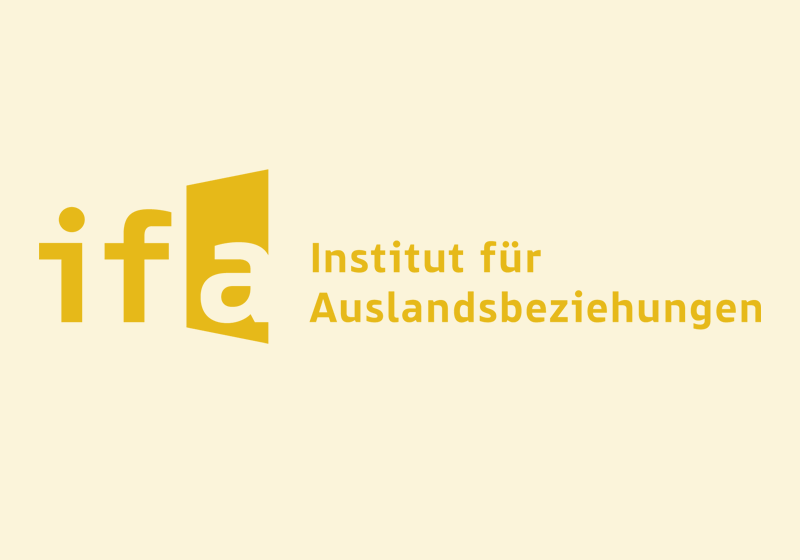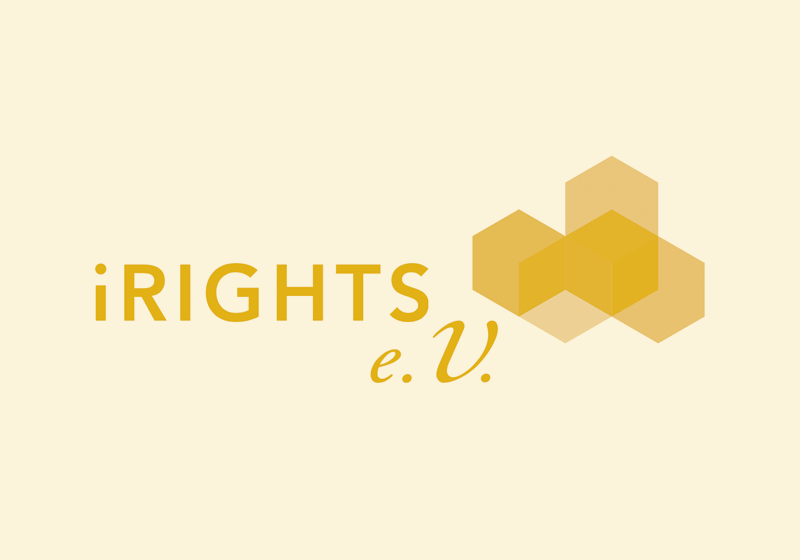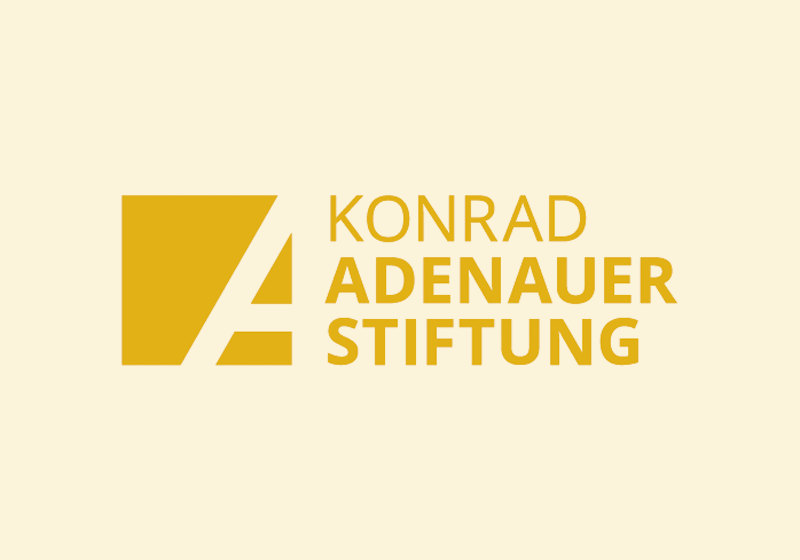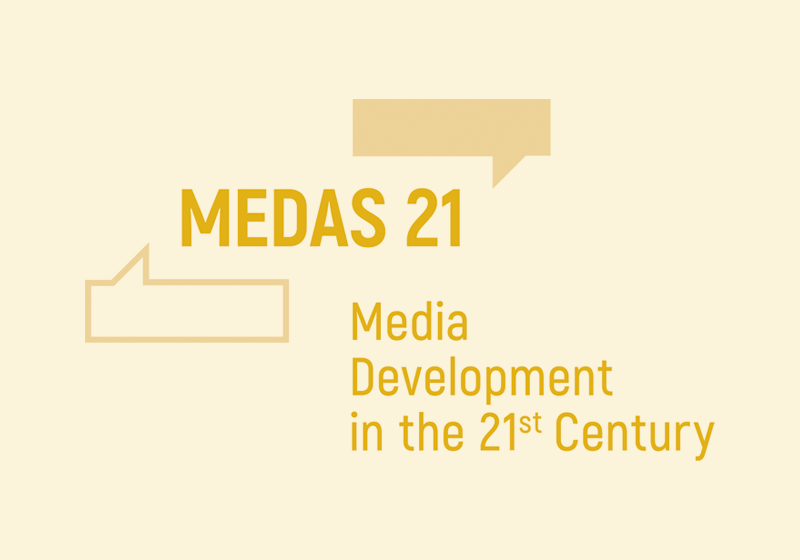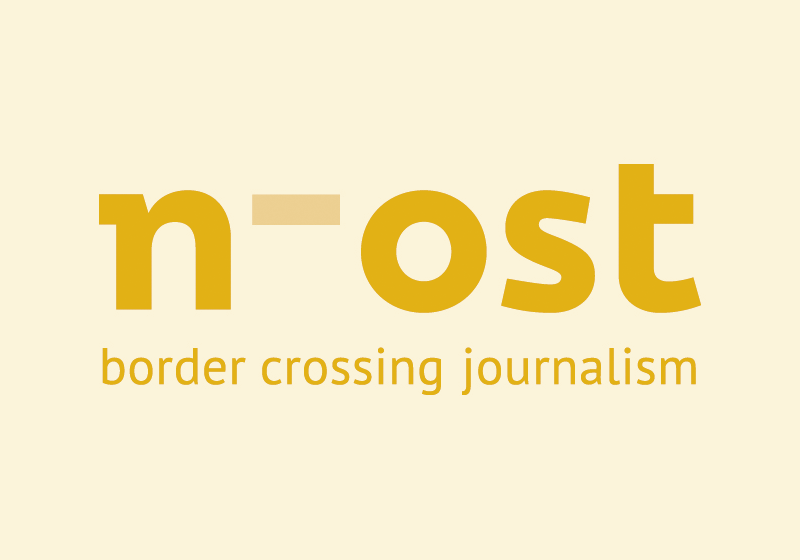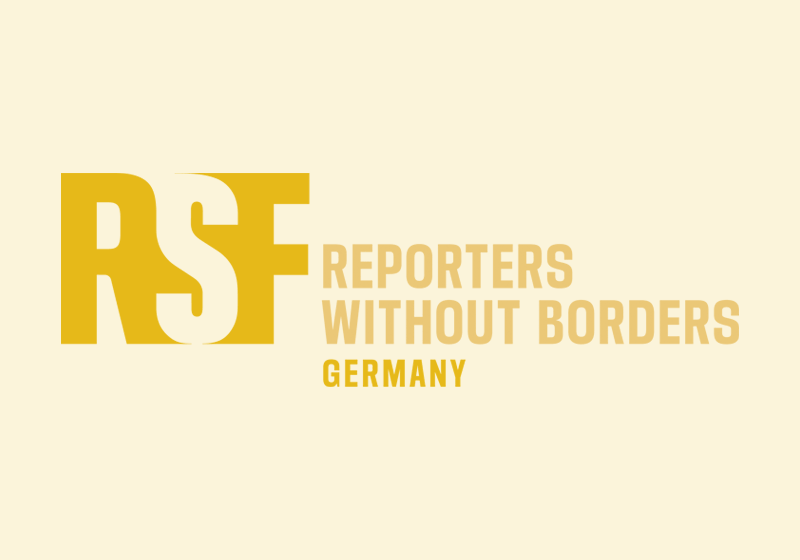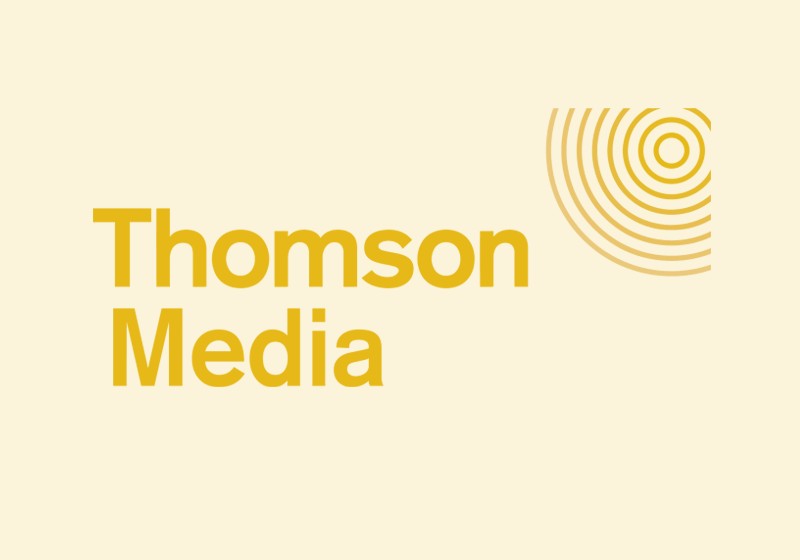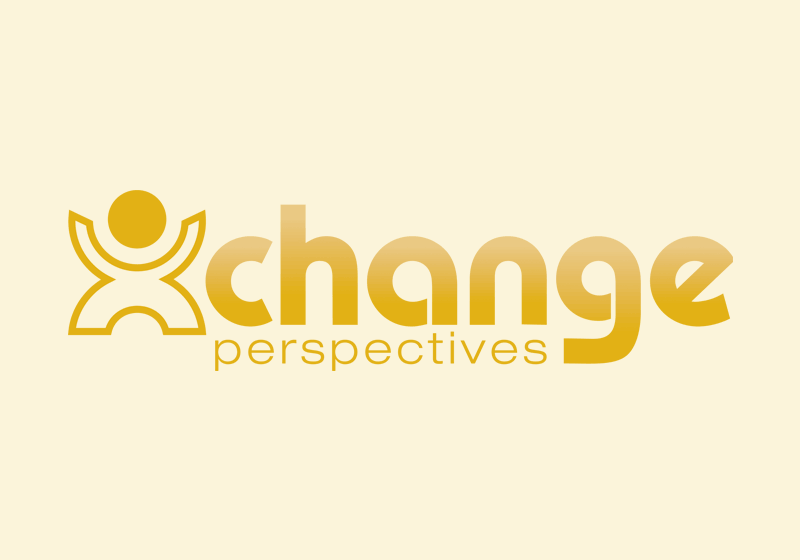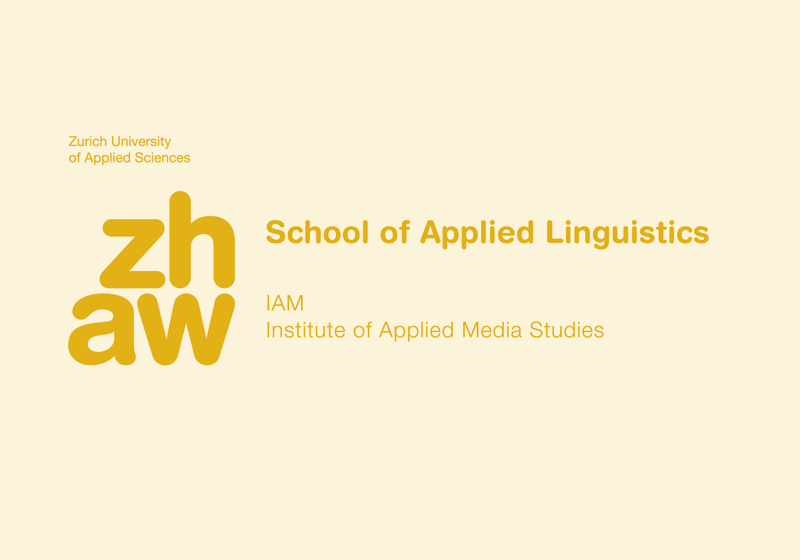The Silent Takeover – Media Capture in the 21st Century
Thursday, November 22nd – Friday, November 23rd
Berlin, Friedrich-Ebert-Stiftung, Hiroshimastr. 17
organised by Friedrich-Ebert-Stiftung (FES), Reporters Without Borders Germany (RSF Germany) and Media in Cooperation and Transition (MiCT)
DAY 1 (Thursday)
08:30 Registration opens
09:00 Welcome
Ingrid Matthäus-Maier, Head of the Advisory Board, FES
09:15 Keynote (presentation available here)
Anya Schiffrin, Director of Technology, Media & Communications, Columbia University (School of International & Public Affairs)
10:00 Q&A with Anya Schiffrin
Facilitator: Edith Kimani, Deutsche Welle
10:30 Coffee Break
10:45 Local Flavours and Global Patterns: Can Ownership Concentration and Oligarchisation Be Seen and Addressed as a Worldwide Trend?
Facilitator: Olaf Steenfadt, RSF Germany
Around the world, the trend in media concentration seems to be inescapable. The patterns appear similar: more and more precarious, vulnerable media outlets become prey to investors and their interests, which are connected to politics and backed by historical family bonds. A lack of financial transparency – including public spending and state advertising – prevails, whilst legislation falls short of addressing the issue. At the same time, media markets differ in both structural and cultural terms – for example, not only with regard to the distinct relations between the political class and mass media, but also the impact of digital technology in each setting – all of which has implications for how media is captured and by whom. This session explores contextual characteristics, in order to propose categories of capture that might deepen our understanding of this trend. With the objective to discover and analyse overarching similarities, our speakers will discuss how media ownership and concentration affect their public spheres at home on three different continents:
- How is the Latin American legacy of colonial land ownership manifested in Brazilian media?
- Can media literacy and ownership transparency help to combat online disinformation in Sri Lanka?
- What role does the state play after the liberalisation of the Moroccan television and radio markets? Do old cliques still play a role?
Speakers:
André Pasti, Intervozes, MOM Brazil
Deepanjalie Abeywardana, Verité Research, MOM Sri Lanka
Ali Amar, Le Desk, Morocco
Hosted by: RSF Germany / Friedrich-Naumann-Stiftung für die Freiheit
12:00 Lunch Break
13:15 Short Presentation: The Community Media Archive
You don’t know the Bombali and Tonkolili Districts in Sierra Leone? Did you know that in Sierra Leone, European and Chinese companies are competing for access to one of the most valuable resources on earth – fertile land? This land is often sold for next to nothing, leaving communities dispossessed and without the means to sustain their livelihood. Community media in Sierra Leone play a significant role in enabling affected communities to articulate their demands, claim their rights, and hold governments and investors accountable. Community media houses in Sierra Leone recently joined forces to engage in a nationwide campaign to foster transparency in large-scale land deals and provide information about the protection of community land rights, reaching out to more than a million people in the country.
Have you heard about the escalating violence in Cameroon? The armed conflicts with Boko Haram in the Lake Chad Basin and violence by anglophone separatists in the West Region of Cameroon have put the country’s stability at risk. Cameroonian community media are regularly reporting on the developments, working together with civil society to provide information to the 250,000 internally displaced people and through their collaboration programmes mitigate the effects of the escalating conflicts on the local population. If you have never heard about these events, we have to assume that you are a consumer of mainstream media, which were »taken over« a long time ago.
Thus, we want to present the Community Media Archive West and Central Africa (CMA), an online community media platform. Community-based media production has always been an attempt to »recapture« the media and communication processes from the grass-roots level. Community media houses in West and Central Africa are at the forefront of uncovering processes of exploitation, corruption, marginalisation and discrimination, as well as the impact of violent conflicts on local populations.
With over 120 members, the Community Media Network Sierra Leone (COMNET SL) and the Cameroon Community Media Network (CCMN) have developed an open-source software to make the efforts of local media organisations visible. The CMA is an open and participatory online documentation and exchange platform for community media and civil society actors. This presentation explores the potential of community media, as a counter-initiative against the pressure of economic and political elites on the media system.
Presenters:
Sebastian Lasinger, COMNET SL
Alexander Vojvoda, CBS Radio 95.3 MHz Buea/Cameroon, CCMN
13:30 Partisan Media Landscapes and How to Distinguish between Good and Bad Pluralism
Facilitator: Aida Kaisy, SOAS University London
In many countries in the MENA region, the level of political parallelism in the media sector tends to be very high. In war-torn countries – such as Syria and Libya – it is mostly conflict parties that use media to impose their narratives on public discourses and hence strengthen their position in the conflict. However, in transitional countries – such as Iraq, Lebanon, and Tunisia – it is political parties that try to influence public opinion in their favour by supporting, owning, or running media.
In both cases, the media are used to pursue political interests, which goes against the concept of democratic media that is supposed to serve public interests. At the same time, parties and movements have helped to spread media pluralism in post-authoritarian countries. Even though withstanding the concept of democratic media and hence challenging established paradigms in media assistance, political parallelism allows for a diversity of political camps, minorities, and all strands of society to have a voice in the public sphere.
In this session, the media pluralism found in MENA countries – such as Tunisia, Libya, and Iraq – will be compared and discussed in regard to questions such as: What impact does polarised media pluralism/political parallelism have on societal cohesion? Does this kind of media pluralism allow for the control and critique of powerful political and economic elites? How does political parallelism impact the quality of political competition?
Speakers:
Anja Wollenberg, MiCT
Fatima El-Issawi, University of Essex
Carola Richter, Free University of Berlin
Hosted by: MiCT
14:45 Coffee Break & Open Space
16:00 Manipulation of Public Opinion in Social Media: Actors, Trends, Counter-strategies
Facilitator: Cathleen Berger
The manipulation of public opinion through social media platforms is not only a growing threat to democracy and freedom of expression, but it can also play a direct role in intensifying conflict. Political leaders and parties are spreading disinformation during elections; government agencies exercise Internet censorship and control; artificial intelligence and big data analytics are being used to undermine trust in the media and public institutions. In many countries around the world, divisive social media campaigns heighten ethnic tensions and intensify political conflict and violence. Trolls, fake accounts, and political bots amplify hate speech and suppress minority opinions.
What is the scope and impact of social media conflict influencers and computational propaganda in the Global South? How can media development address the challenges? How successful are digital literacy programmes that link social media training with verification technologies and the establishment of independent mobile platforms? The panel brings together researchers, media practitioners, and Internet activists to discuss current trends and strategies to support the free flow of information and counter incitement to violence using social media platforms.
Speakers:
Lisa-Maria Neudert, Computational Propaganda Project, Oxford Internet Institute
John Jal Dak, #defyhatenow, Uganda
Amber Macintyre, Tactical Technology Collective
Hosted by: GIZ / icebauhaus / r0g_agency
17:15 Your Opinion Matters! FoME 2018 Opinion Barometer
Facilitator: Edith Kimani, Deutsche Welle
19:00 Guided tour and evening reception at Museum for Communication | Presentation of new CIMA publication by Nick Benequista
Participation only upon prior registration.
DAY 2 (Friday)
09:00 Registration
09:30 Break the Chains: A Comparison of Media Capture in the EU
Facilitators: Andreas Bock, Network for Reporting on Eastern Europe (n-ost), Nora Wehofsits, European Centre for Press and Media Freedom (ECPMF)
The enlargement of the EU more than a decade ago did not have solely positive effects on media markets and press freedom in post-socialist Europe. Today, a few entrepreneurs with close connections to authorities own a majority of the media outlets, and aim to exploit them to their own political and economic advantage. These interdependencies between politics, economics, and the media can also be observed in Western European countries.
Media Capture concerns many EU member states. This is demonstrated not only in the latest Media Pluralism Monitor, but also in examples of Media Capture in recent journalistic practices various EU countries. All of this raises the question of how to free media in the EU from these political and economic chains. In this session, we highlight European cases and discuss constructive measures to defend journalism against political and private interferences in the media market. How does »the silent takeover« occur in EU countries? What is the impact of Media Capture across Europe? And which (EU) policy approaches are most effective for restoring editorial independence and press freedom?
Speakers:
Salla Vuorikoski, Suomen Kuvalehti (formerly: YLE), Finland
Marius Dragomir, CEU/CMDS, Hungary/Romania
Magdalena Sodomkova, DenikN, Czechia
Hosted by: ECPMF / n-ost
10:45 Strategies against Media Capture: Strengthening Media Viability
Facilitator: Edith Kimani, Deutsche Welle
Media Capture often works along economic mechanisms: control over advertising budgets, ownership concentration, or bribes. Governments funnel public ad spending to complaisant media outlets. Oligarchs buy news media in order to avoid critical coverage. And both collude in order to weaken regulation, resulting in less transparency and more ownership concentration. As media outlets face enormous difficulties in delivering quality reporting while staying financially afloat, they become more vulnerable to Media Capture. Strengthening media viability means improving their defences.
This session puts media viability in the spotlight: What are the main challenges that weaken the independence and viability of media outlets? Which aspects of media viability are key to strengthen media in order to avoid capture or manipulation? How can information environments be fostered that allow independent, quality news media to thrive?
It is time to consider media viability from a broader perspective. DW Akademie uses a model that looks beyond the money aspect and takes into account five dimensions: economics, politics, technology, content, and community.
On the panel, DW Akademie brings together experts on media viability with different perspectives – a media practitioner, an entrepreneur, and a media development practitioner. They discuss approaches to foster media viability in different world regions as possible strategies against Media Capture.
Speakers:
Janine Warner, SembraMedia and ICFJ
Roula Mikhael, Maharat Foundation Lebanon
Laura Schneider, DW Akademie
Hosted by: DW Akademie
11:45 Coffee Break
12:00 The Sustainability of Local Journalism: A Discussion between an Optimist, Pessimist, and Journalist in the Middle
Facilitator: Mira Milosevic, Global Forum for Media Development (GFMD)
This GFMD panel will focus on the sustainability and viability of local journalism, and how it is being captured by governments, businesses, and organised crime.
A lack of public access to high-quality information, a loss of diverse voices and viewpoints, and the evisceration of public service journalism is an everyday reality for the majority of local communities around the world. For most commercial news outlets, the basic assumption of the news business model – the subsidy that advertisers have long provided to news content – is now gone. At the same time, government budget allocations are among the leading sources of revenue for local news outlets in many countries.
By favouring docile journalism, or by cutting subsidies to critical media voices, many governments are distorting media markets to their advantage. According to a 2014 report on the future of digital journalism by the Open Society Foundations, governments used financial pressure to manipulate news organisations in more than half of the 56 markets examined, and this proportion has only increased in the past four years. This financial squeeze also makes news organisations more vulnerable to capture by corporate backers.
In response to such a climate, GFMD’s session examines challenges and solutions to Media Capture, especially with regard to independent sources of financing and sustainable models for local news. It presents present three case studies on the problems encountered in »less-than democratic states« and best practices to overcome the obstacles in the way of professional journalism.
Speakers:
Fatemah Farag, Welad Elbalad Media Services LTD, Egypt
Vitomir Ognjanovic, online portal »Južne vesti« (Southern News), Serbia
Taras Yatsenko, Lviv media hub »Tvoe misto« (Your city), Ukraine
Hosted by: GFMD
13:00 Lunch Break
14:00 1 of 2 (Parallel Events)
OPTION 1: Reflections on Donor Influence in the Media: New Funding, New Capture?
Facilitator: Ali Aslan, Journalist
Journalism’s financial crisis is often argued to be exacerbating systems of media ownership concentration, and capture. In the face of reduced advertising revenues and online competition, the future of independent media is called into doubt, especially in developing country contexts. To fill this funding space, many donors and philanthropists have taken on the cause of identifying new financing models or outright funding media initiatives. However, such funds are not free from interests and – despite being »good« interests – might be just as distorting to a free media in the long run. The first study so far on philanthropy journalism found a positive overall case, while noting that, »donor power and journalistic and donor field logics can interact in both complimentary and contradictory ways« (Scott, Bunce, and Wright 2017). In an environment where perceived bias and trust in the media are becoming more important than ever, a new discussion of journalistic values and mechanisms for their protection must be held. For this to happen, the possibility of capture through donors and philanthropists has to be seriously examined to identify risks and strategies to counter influence. This participatory discussion round will open a space to reflect on current practices and new funding strategies employed by donors and their implications for media independence and capture opportunities. Questions of perception and trust in media, potential long-term dependencies, and how to shape projects sensitive to the possibility of unintentional capture will be raised.
Speakers:
Verah Okeyo, Daily Nation, Kenya
Chris Paterson, Leeds University
Hosted by: KAS
OPTION 2: Simulation Game: Digital Participation
Facilitators: Lena Nitsche and Judith Liesenfeld, DW Akademie
Digital participation is a precondition for freedom of speech and freedom of information in a digital age, because the Internet has become a worldwide universal platform for communication and information. However, negative interventions in free digital communication are common: Internet shutdowns, censorship, and digital attacks against journalists exist in many countries around the world. People are excluded and cannot exercise their rights to freedom of expression and free access to information. In this context, the goal of the presentation is to make the concept and relevance of digital participation more tangible by holding the participants’ discussion within the framework of a simulation game. We want to invite participants to a fictional country, where they will be slipping into the role of a stakeholders in the digital ecosystem – for example, as »government«, »journalist«, or »citizen«. By confronting them with disruptions – such as Internet shutdowns, new laws, or the silencing of critical voices – participants are confronted with the repercussions of these challenges.
Hosted by: DW Akademie
15:00 1 of 2 (Parallel Events)
OPTION 1: The Future of Public Broadcasting: How to Win Back our Hearts? (Fishbowl Discussion)
Facilitator: Dagmar Dehmer, BGE
Donald Trump does it. Italy’s new government does it. Austria, Switzerland, and many other countries face similar debates. Public broadcasters are criticised by many. Financing models are central to this discourse, but they are by far not the only issue at hand here. New arguments against publicly-financed broadcasting are put on the table every day. One argument is that it all follows a political agenda and is nothing but »state broadcasting« anyway; others include transparency issues, low-quality entertainment programmes that cannot compete with private competitors, and a failure to actually contribute to the population’s education. Digitisation poses a further challenge.
For years, European media development organisations have considered public broadcasting to be a system worth sharing and spreading, because they considered it to be a feasible way to avoid Media Capture and secure a – largely – free media. Transforming state broadcasters in the Global South into truly public broadcasters has been a difficult challenge from the beginning. Not only the lack of political will and capacity issues speak against a proper transformation, but so do postcolonial transformation processes and the dominant, neoliberal market orientation of the communications industry.
Nevertheless, many experts consider public broadcasting to be a, theoretically, effective countermeasure to Media Capture. Thus, the concept is highly relevant in the framework of the FoME Symposium 2018. However, in order for existing public broadcasters to live up to their potential and to inspire other countries – even those with much more difficult preconditions – to transform broadcasting in a manner suited to their specific needs, they may have to find ways to »win back our hearts«.
How can we make public broadcasting attractive again? Where are accusations false and where do we simply need to expose the populist agenda? What steps need to be taken to make public broadcasting more attractive and increase both its outreach and its quality? What can we learn from the status quo? Where do we need to adjust solutions to specific country cases? Can public broadcasting truly contribute to avoiding Media Capture? What role can FoME members play in all of this?
Our experts will exchange their views on such questions with the audience in a fishbowl discussion.
Speakers:
Des Freedman, Goldsmith University of London
Martin Becerra, University of Quilmes
Viola Milton, University of South Africa
Hosted by: FES
OPTION 2: The Military Media
Facilitator: Friederike von Franqué, IDEM
In national or multinational military deployments, information and communication spaces are gaining importance. The activities of military actors in this area are no longer limited to informing their own troops or the families at home, but increasingly include activities that can be described as media development. As a result, the military – with its own goals and strategies – is competing with other actors as a media provider and promoter. What is the nature of the relationship with civilian local and international providers and what are the consequences for media development? Together with a leading expert and responsible communications actor from the Bundeswehr (German Federal Armed Forces), we describe the details and objectives of their media work and discuss scenarios for future cooperation.
Speaker:
Lieutenant Colonel Christian Bell, Bundeswehr
Hosted by: Friederike von Franqué
16:00 All Eyes on Us: Messages from our Rapporteurs
16:15 Conclusion
Christian Mihr, RSF Germany


